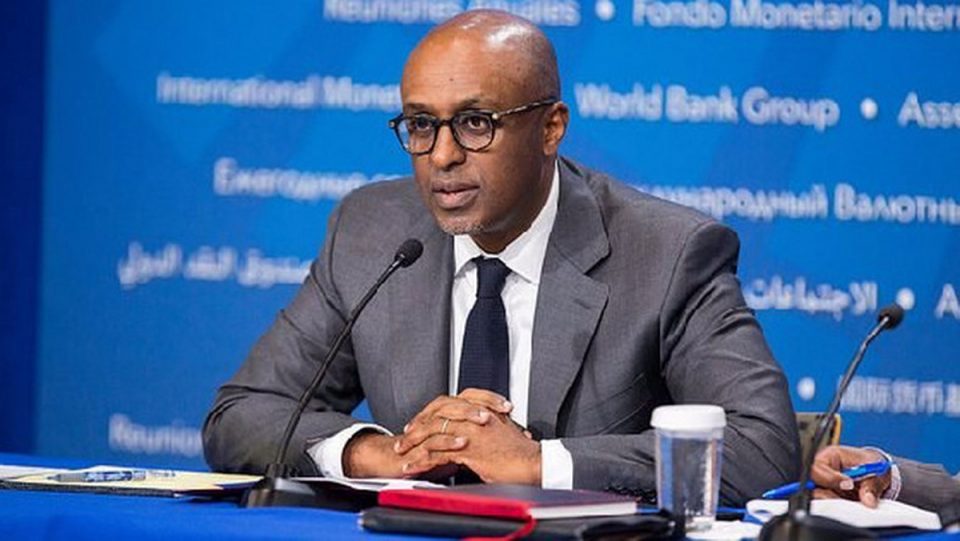The International Monetary Fund (IMF) has called for debt restructuring for Nigeria and other African countries with debt crises.
It said the measure would allow for immediate debt relief for the affected countries and at the same time enable them to take fresh loans.
The Director, African Department of the IMF, Abebe Selassie, who put forth the proposal during a virtual press conference on regional Economic Outlook for sub-Saharan Africa, also called for economic diversification in the region.
Selassie said the time was rife for the region “to become a little bit less dependent on natural resource exports, and focus more on labour-intensive economic sectors like manufacturing and other services” that to drive their economies.
“So that balance has to be struck and the kind of approach that’s going to be pursued will depend on a country-by-country basis,” he said, adding that in general, the IMF will explore ways of engaging with policymakers in the region.
The director said the newly created Resilience and Sustainability Trust by the IMF will help ensure that these resources are used to provide critically needed policy support for longer term, and longer-term funding for many countries in our region.
He said the international community needed to go further, “for example, by removing obstacles for quicker debt restructuring under the Common Framework,” saying that that should allow for swift, and efficient debt restructuring.
The second policy challenge area, according to Selassie , has to do with balancing the need to address inflationary pressures without undermining the ongoing recovery,
He said that in most countries, central banks face a difficult balancing act between curbing inflation and supporting growth, adding that authorities need to monitor inflation developments carefully and be prepared to take action if inflationary pressures look to be persisting.
Silassie said the third broad challenge that many countries will need to address, is that of exchange rate pressures, stemming from higher global interest rates and heightened global uncertainty, saying for countries with peg rate regimes, the authorities should find the right balance between monitoring fiscal policy to maintain the credibility of the peg.
He said for countries with more flexible arrangements, depreciation could act as a valuable shock absorber, nonetheless he said this is often constrained by currency mismatches, shallow effects markets, and/or other complications.
The IMF chief explained that monetary tightening might still be needed in these countries to support the currency, even in the face of weaker economic activity.
“Looking beyond the pandemic, of course, navigating the more difficult geopolitical environment, continuing to advance reforms that will create jobs, jobs, jobs. And, you know, making progress toward sustainable development goals will require strong, decisive policy action. And we continually engage authorities in these policy areas also,” he added.
Selassie said that in 2022, a slower global recovery and a less benign outlook for commodity importers will mean that growth will shrink to 3.8 per cent.
”Further, as always, these aggregate numbers of course masks significant differences amongst countries. Projected growth for oil exporters in 2022 has been revised up by about point eight percentage points, while growth for oil importers has been revised down by 0.4 percentage points. And among oil importers, downgrades are particularly pronounced for the most fragile economies,” he said.




